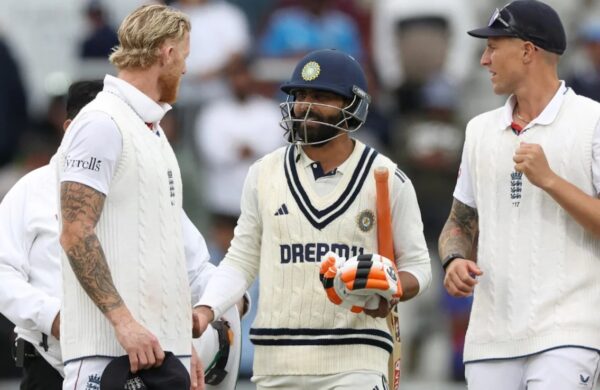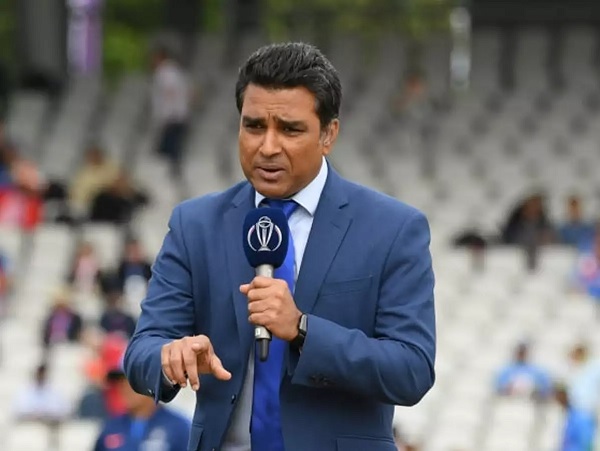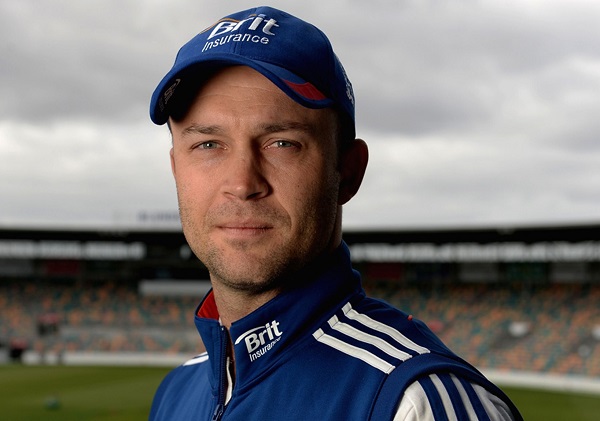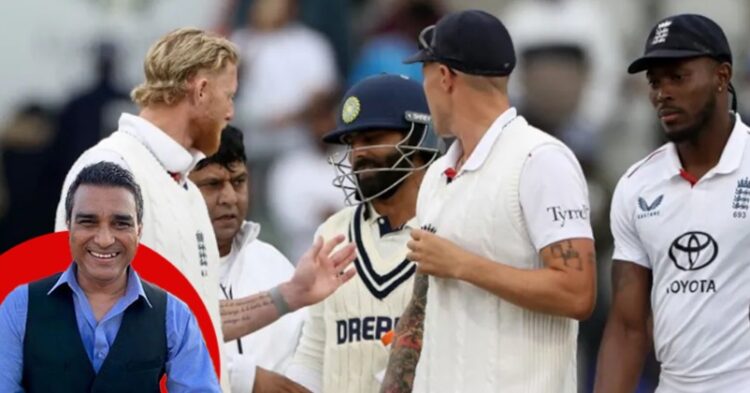A moment of contention unfolded on the final day of the fourth Test between India and England at Old Trafford as the England captain Ben Stokes reacted sharply after India turned down his offer to end the match in a draw. With the game already meandering toward a predictable draw, Ben Stokes approached the Indian batters Ravindra Jadeja and Washington Sundar with a handshake, signaling his willingness to call it off. However, the Indian duo, both nearing personal centuries, chose to continue batting.

Following the refusal, Ben Stokes visibly expressed his displeasure and engaged in a tense exchange with the two Indian players. As the Indian pair continued their innings, Ben Stokes brought on part-time bowlers Harry Brook and Joe Root, likely in an attempt to preserve his main bowling attack, considering the inevitable draw.
Eventually, both Ravindra Jadeja and Washington Sundar reached their respective hundreds, after which the players shook hands, formally concluding the match as a draw. However, the incident didn’t escape scrutiny and drew mixed reactions from former cricketers and commentators.

Sanjay Manjrekar criticised Ben Stokes’ behaviour, describing it as immature. He remarked during a post-match discussion that Stokes acted like a “spoiled kid” when India declined the offer to end the game early. According to Manjrekar, the pursuit of personal milestones in Test cricket is both valid and respectable, especially when players are on the brink of significant individual achievements.

On the other hand, Jonathan Trott, a former England batter who was also part of the post-match analysis, stood by Stokes. He defended the England captain by explaining that in English cricket culture, personal milestones are often secondary and it is customary to accept early draw offers when the match’s outcome is no longer in doubt.
This cultural contrast was further emphasised when Sanjay Manjrekar responded that the global game does not revolve around the English approach. He pointed out that Trott’s perspective reflected a specific cricketing ethos that doesn’t necessarily align with how the game is viewed elsewhere.

Meanwhile, another seasoned voice from England, Nasser Hussain, offered a more balanced take. Speaking to Sky Sports, Hussain stated that he had no issue with the Indian batters choosing to carry on. He acknowledged England’s fatigue, particularly among their bowlers, but noted that Jadeja and Sundar had worked hard to reach the 80s and 90s and their desire to complete centuries was understandable. According to Hussain, Stokes’ decision to use part-timers, while perhaps awkward in hindsight, didn’t warrant overreaction. He commended the Indian players and emphasised that such moments should not be blown out of proportion.

The incident highlighted not only a moment of frustration but also a broader cultural divide in how different cricketing nations interpret sportsmanship, individual milestones and the unwritten etiquette of the game.




